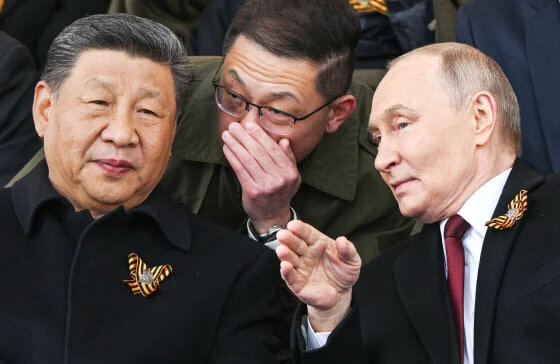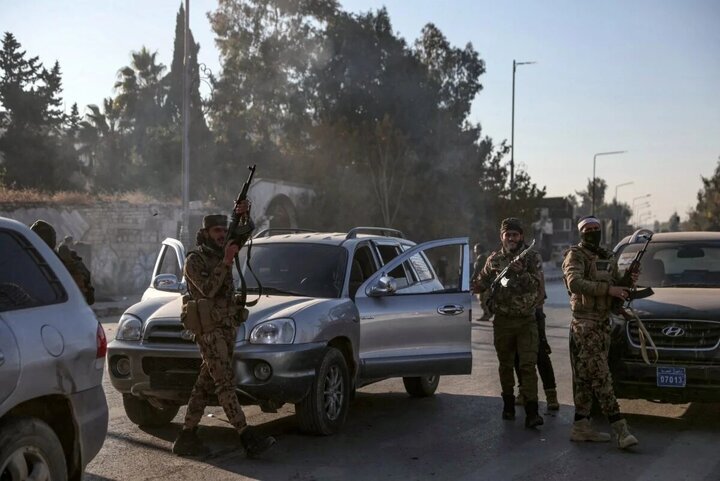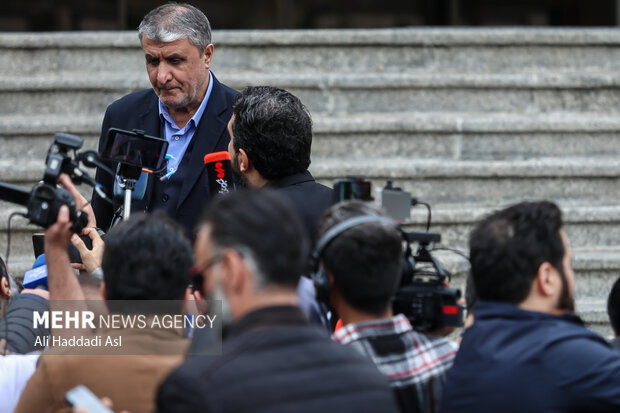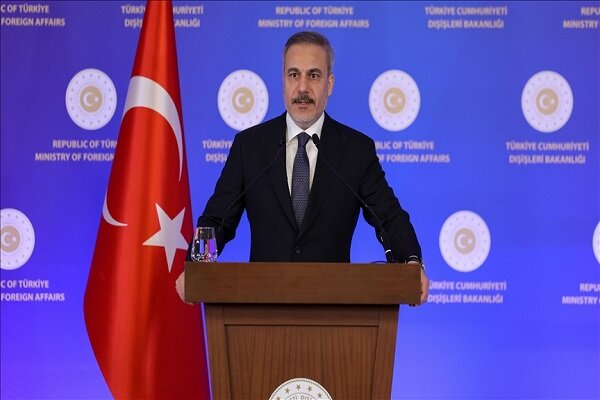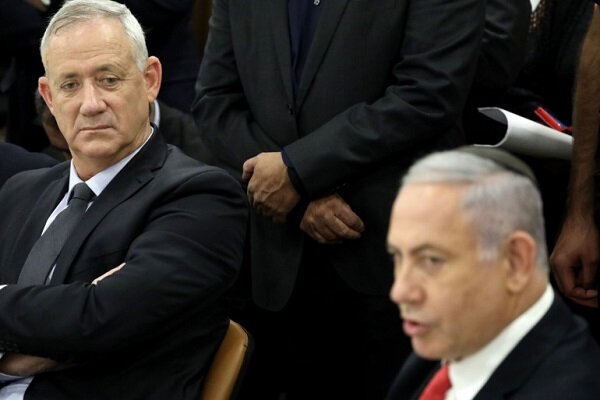Xi and Putin Strengthen China-Russia Alliance: Uniting Against Unilateralism at Moscow Parade
BEIJING – Chinese President Xi Jinping participated in a significant parade at the Red Square in Moscow on Friday, celebrating the 80th anniversary of the Soviet Union’s victory in World War II over Nazi Germany. This grand event featured President Xi alongside Russian President Vladimir Putin and numerous other world leaders, as well as Russian veterans, observing the military procession from a platform near Vladimir Lenin’s mausoleum.
The parade followed a day after the two leaders engaged in critical discussions in the Kremlin. President Xi arrived in Russia on Wednesday for a four-day state visit, highlighting the importance of this diplomatic engagement.
During their meeting, President Xi emphasized the growing strategic partnership between China and Russia. He stated, “History and reality have fully demonstrated that the sustained development and deepening of China-Russia relations is a logical effort for keeping the long-standing friendship between the two peoples, a natural choice for helping each other succeed and achieve development and revitalization, and a response to the call of our times for upholding international fairness and justice and advancing the reform of the global governance system.”
He continued, “This year marks the 80th anniversary of the victory of the Chinese People’s War of Resistance against Japanese aggression, the Soviet Union’s Great Patriotic War, and the World Anti-Fascist War. Eighty years ago, the Chinese and Russian peoples made immense sacrifice and secured a great victory. Their pivotal contribution to world peace and human progress is a shining chapter in the annals of history.”
President Xi reiterated the importance of promoting multilateralism and criticized unilateral actions. He stated, “Today, in the face of unilateralist countercurrents, bullying and acts of power politics, China is working with Russia to shoulder the special responsibilities of major countries and permanent members of the UN Security Council with courage and conviction. We must uphold the correct historical perspective on WWII, safeguard the authority and standing of the UN, resolutely defend the rights and interests of China, Russia, and all other developing countries, and jointly promote an equal and orderly multipolar world and a universally beneficial and inclusive economic globalization.”
During this meeting, Xi and Putin also witnessed the signing and exchange of over 20 bilateral cooperation documents, which signify a deepening of their collaboration. Putin described the talks as “traditionally warm and friendly,” addressing Xi as his “dear friend.” He highlighted that the Russia-China relations are grounded in mutual equality and respect, emphasizing that their partnership does not target any third party and remains unaffected by temporary incidents.
- The two leaders signed a joint statement aimed at further strengthening the bilateral comprehensive strategic partnership.
- Over 20 cooperation documents were exchanged, covering various sectors.
- The meeting occurs against the backdrop of intensified sanctions from Western countries on Russia due to the ongoing Ukraine war.
- President Donald Trump has initiated a trade war against China, imposing tariffs of up to 145% on Chinese exports, prompting China to retaliate with 125% tariffs on US products.
The recent agreements between China and Russia not only bolster their cooperation in diverse fields but also pave the way for enhanced economic, political, and cultural ties. As both nations navigate external pressures, including economic sanctions and geopolitical challenges, this partnership signifies a united front against unilateralism.
As major global powers, China and Russia are committed to protecting their sovereignty and the rights of developing nations. This collaboration is crucial for shaping a more equitable and inclusive global system.
In conclusion, the alliance between China and Russia, exemplified by their recent high-level meetings and cooperative agreements, marks a significant shift in international relations. As they work together to counter external pressures and advocate for a multipolar world, both nations are poised to play a pivotal role in the future of global governance.
